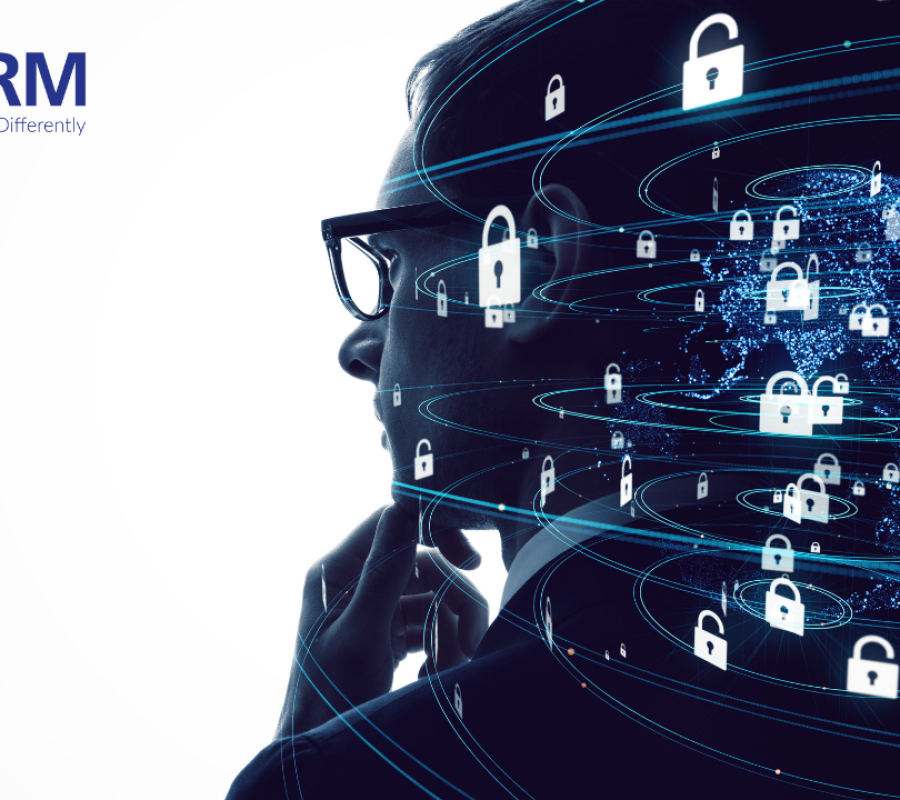Gain an understanding of EDR, MDR and XDR, learn some of the advantages of each and find out which will best suit your business...
Published on
7th March 2024
What is EDR?
Within the online world, EDR stands for “Endpoint Detection and Response”, EDR is implemented as a security measure to prevent the compromising of valuable data through exposed endpoints. The influx in remote work over the recent years has skyrocketed the importance of effective protection.
Endpoint – An endpoint is a remote device connected to a network, some examples of endpoints are laptops, servers, desktops, smartphones, and tablets. Endpoints are targeted by cyberattacks as they may hold sensitive information on the device, as well as being used as a gateway to the greater network. Ensuring the security of endpoints is essential for building customer trust and cybersecurity.
Now that we have gained an understanding of what an endpoint is, it allows us to learn what EDR is. Endpoint Detection and Response (EDR) is an integrated, layered, automatic approach to endpoint protection. EDR monitors users' devices and workload in real-time to detect and react to potential cyber threats such as malware and ransomware.
The Importance of EDR:
Cyberattacks occur for an array of reasons, which is why it is important to be secure in your business. The positive impacts of bringing EDR to your business can be substantial. The system will quickly identify threats and automatically stop them, which is completed in real time. The reason EDR is so effective at stopping threats is because it learns repeated habits made by users. By securing your endpoints, you are giving confidence to your customers that their sensitive information is secure and allows you to prevent any data theft, staying aligned with GDPR regulations.
What is MDR?
Managed Detection and Response (MDR) fuses human expertise and advanced technology (AI and machine learning) to safeguard your business. MDR works by detecting an anomaly within your system, which is then reported to an expert cyber security team. Upon receiving the alert, the team will react accordingly to the report, eliminating the threat and mitigating your organisations overall cyber defences to prevent future attacks of the same calibre. Having both EDR and MDR is beneficial to your organisation as EDR provides the cyber security experts within an MDR the threat information they need in order to react to said threat accordingly.
The Importance of MDR:
It is essential to secure every aspect of your digital operation as the risk of cyberattacks continues to increase as your online infrastructure evolves. MDR, which is a managed service, provides you with a higher level of threat protection and the added support of professionals in the field. It’s important to ensure that you partner with a reliable cyber security support company to guarantee fast response times. An EDR can be managed by an internal IT team (if you have one) however, it is recommended to consider the amount of time and resource that would be required to continuously monitor the EDR and in turn, react to the threats identified. Therefore, it may be worth considering outsourcing this element of your cyber security, to ensure nothing gets missed and your organisation’s cyber security defence remains secure at all times. Being the target of cybercrime can have significant long-lasting effects on an organisation as many companies often cannot afford to sustain these damages. Therefore, it is imperative to take that extra step in modern times.
What is XDR?
XDR refers to Extended Detection and Response. Simplified, XDR takes the process of EDR further, adopting a holistic approach to an organisation’s cyber security. This includes utilising numerous products including EDR itself to not only monitor and protect endpoints but also, networks and cloud-based applications. This means that XDR actively scouts throughout your entire network, preventing potential threats from causing any harm to your business. XDR is traditionally suited for larger businesses than EDR due to the ability to prevent more advanced threats across the larger network. Due to the advanced nature of XDR, this is typically the most expensive solution.
The Importance of XDR:
The risk of cyberattacks is always imminent, when your business takes that step in using additional infrastructure like the cloud or a network, you are exposing yourself to new threats. This is why it’s important to have XDR safeguarding your business. XDR provides security for you as it is an automatic and layered approach that acts in real time. It allows you comfort knowing that you are protected from unwanted attacks throughout your operation.
So what should you implement?
EDR, MDR and XDR can have exceptional security benefits for your company.
Based on the information outlined in this blog, it is recommended dependant on your budget and requirements, to implement an EDR and MDR to collaboratively defend your organisation from the ever developing cyber threat landscape.
Whereas, if you are a larger organisation, or, handle highly confidential information and data, it is recommended that you deploy an XDR paired with an MDR. This is due to an XDR possessing greater capabilities than an EDR; therefore, providing your MDR with greater details on cyber security threats for them to diminish risk and secure your organisation across multiple networks.
Partnering with ITRM takes the stress away from cyber security as we have a professional team who are dedicated to helping our clients by providing bespoke solutions relevant to your business’ cyber security and IT requirements. We offer a consultancy service to assist you in making a decision that best meets your business needs. If you would like assurance or to speak with one of our professionals, contact us here.

